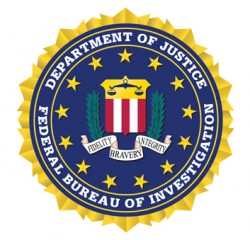Evidence FBI obtained via malware in child pornography possession case is tossed by court

A Massachusetts federal judge Wednesday threw out electronic evidence the FBI obtained against a child pornography possession defendant on the basis that the Virginia warrant the government got for the search was issued without jurisdiction.
The investigation involved the FBI using malware to penetrate Tor, a network with software that masks users’ IP addresses, Ars Technica’s Law & Disorder blog reports. The agency took control of a website that distributed illegal materials, according to the order granting defendant Alex Levin’s motion to suppress evidence, and then got search warrants to use the malware and identify people accessing the site’s content.
U.S. District Judge William Young rejected the government’s argument that the Virginia warrant covered the evidence because Levin got the malware after accessing a site with a server there.
“This is nothing but a strained, after-the-fact rationalization,” Young wrote in the order (PDF), which could make prosecuting Levin’s case with existing evidence difficult, according to the article.
The court also disagreed with the government’s argument that malware was not unlike tracking devices installed on property.
Since 2014, the Department of Justice has tried to amend the Federal Rules of Criminal Procedure, the article notes, so that magistrates could issue “remote access” warrants, where the government would have more flexibility accessing criminal suspects’ computers.



